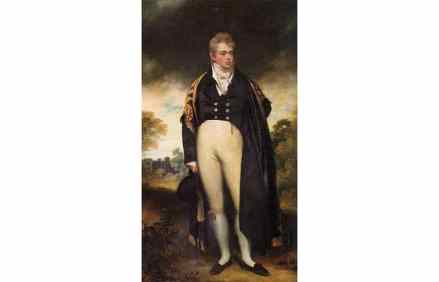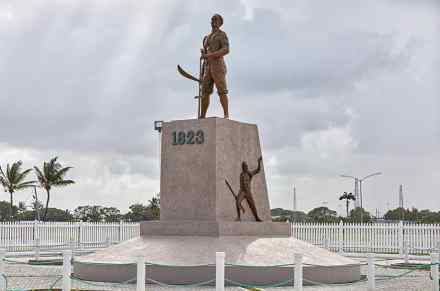Abolishing slavery was no cause for smugness
When the 13 colonies of the United States declared independence in 1776, the first country to recognise the new nation was France. Other leading European powers, such as Britain and Spain, acknowledged its arrival at the Treaty of Paris, two years after a decisive victory by American forces. Yet when Haiti asserted independence in 1804, it was ostracised by Britain, France, Spain and the US. During its first fragile years as a fledgling state, that self-declared guru of liberty Thomas Jefferson even imposed a rigid blockade while president. Washington then took more than half a century to recognise its Caribbean neighbour. The reason for such contrasting attitudes towards the first



